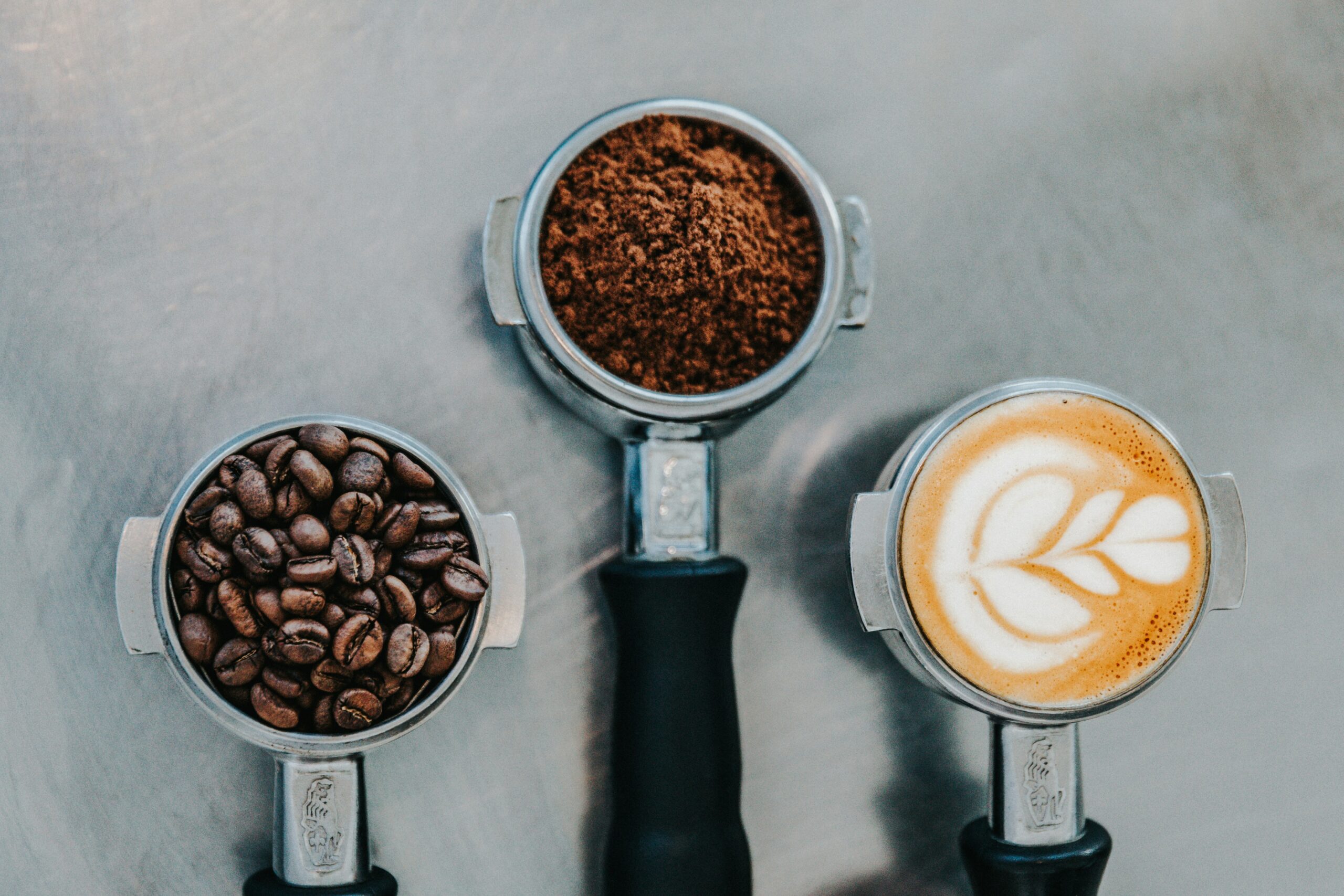For many of us, starting the day without coffee feels incomplete. Whether it’s a hot espresso shot, a creamy cappuccino, or your go-to iced latte—coffee is a comforting ritual. But if you’re someone monitoring blood sugar levels, you might want to think twice before reaching for that second or third cup.
Recent research and expert opinions suggest that daily coffee consumption may influence blood sugar levels, especially in individuals already at risk of diabetes or insulin resistance.
How Coffee Affects Blood Sugar
Coffee contains caffeine, which can temporarily raise blood sugar levels by increasing the body’s resistance to insulin. This means your body might not use insulin as efficiently, causing a spike in glucose levels shortly after consuming caffeine-laden beverages.

However, coffee isn’t just caffeine. It also contains antioxidants, such as chlorogenic acid, which may actually have protective effects against Type 2 diabetes in the long term. So, the impact of coffee can vary from person to person, depending on genetics, metabolism, and overall lifestyle.
What Studies Reveal
A study published in the Journal of Clinical Nutrition found that long-term coffee consumption (both regular and decaf) was linked to a lower risk of developing Type 2 diabetes.
On the other hand, short-term studies show that caffeine intake can reduce insulin sensitivity, making it harder for your cells to absorb sugar from your blood.
Should You Quit Coffee?
Not necessarily. Moderation is key. If you’re diabetic or prediabetic, consult your doctor and monitor your blood sugar before and after coffee intake. Also, be mindful of additives like sugar, syrups, and full-fat milk, which can contribute to glucose spikes.

Bottom Line
Coffee is not your enemy—but how you drink it matters. Choose black or unsweetened versions, limit high-calorie additives, and observe how your body reacts. For many, coffee can still be part of a healthy lifestyle—as long as it’s consumed wisely.


